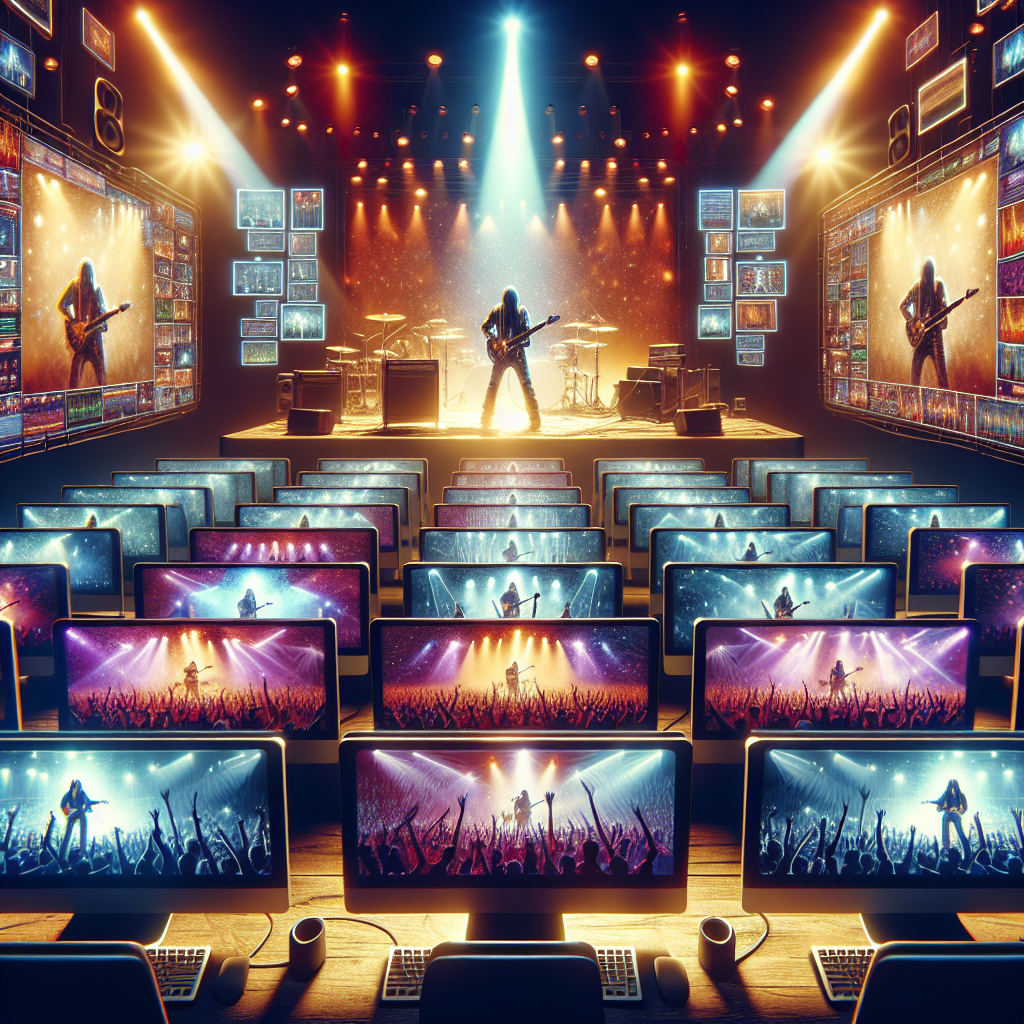In an unexpected cultural shift, virtual concerts, once a niche concept within technologist circles, have now infiltrated the mainstream, influencing industries we previously thought were unrelated – primarily, our focus being the energy industry. The economic impact of this transition is not confined to merely financial ratios and market shares; it’s rewriting established norms.
Company Background:
Born out of society’s need for entertainment amidst global lockdowns was ‘ConcertTech’, a company that stood at the precipice of this culture-driven realignment. Harnessing advanced algorithms and AR/VR technologies, ConcertTech turned living rooms into concert halls, granting people access to their favorite artists from comfort of their homes.
Market Opportunity:
The opportunity lay in an untapped overlap between tech enthusiasts seeking novel experiences and isolated music lovers missing live events. More significantly though was its unforeseen influence on energy consumption patterns – thus making it relevant for stakeholders in Energy sector.

Innovation Strategy:
The strategy revolved around creating lightweight apps that reduced reliance on physical infrastructure (like large screens or high-end gadgets) but drained less power than streaming platforms by optimizing data usage – meaning running a virtual concert had lesser carbon footprint compared to conventional ones.
Execution Challenges:
Naturally such ambitious venture faced challenges. Most pressing was ensuring seamless digital experience while maintaining low energy consumption – balancing quality with sustainability goals wasn’t easy task.
Key Success Factors:
The underlying strength rested on innovation and disruption. Yet, ConcertTech’s respect for the environment and commitment to provide low-power consuming entertainment were key drivers of its success.
Market Response:
The market’s response was mixed initially but evolved over time. Gradually as awareness grew about ecological impacts of digital streaming, The sustainability angle offered by ConcertTech saw increased appreciation.
Financial Performance:
Rising from novelty to norm, this paradigm shift affected company’s bottom line positively. Within a year, revenues showed substantial improvement, while indirectly influencing energy consumption patterns across households.
Competitive Advantages:
This was essentially a blue ocean strategy – where competition was irrelevant because an entirely new market was created. ConcertTech had first-mover advantage in what can be called sustainable virtual concerts segment.
Future Growth Plans:
Fueled by initial success and potential multilateral growth prospects – straddling sectors from technology to music to energy – ConcertTech plans expansion into AR/VR-based educational platforms with similar power-optimised strategies.

